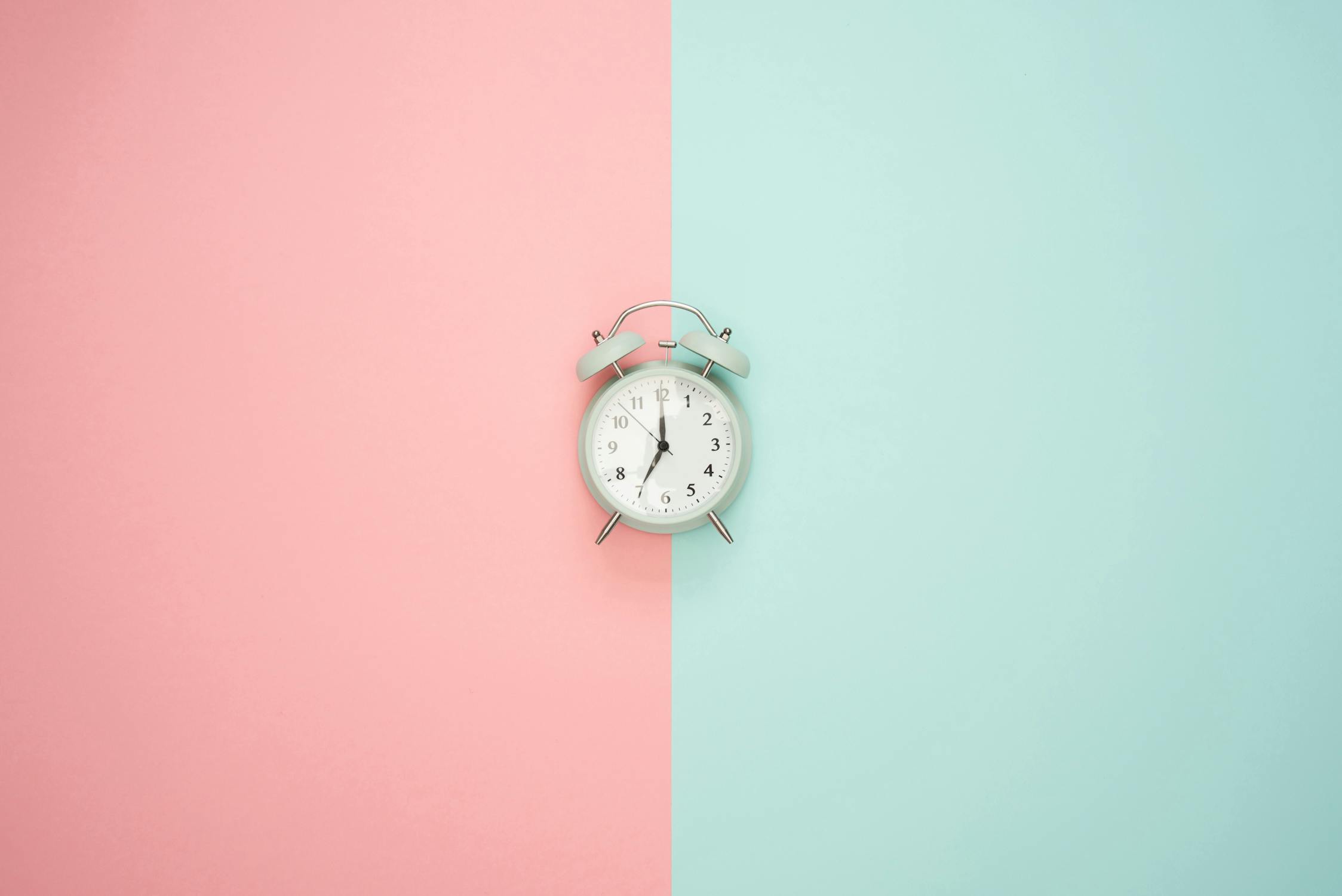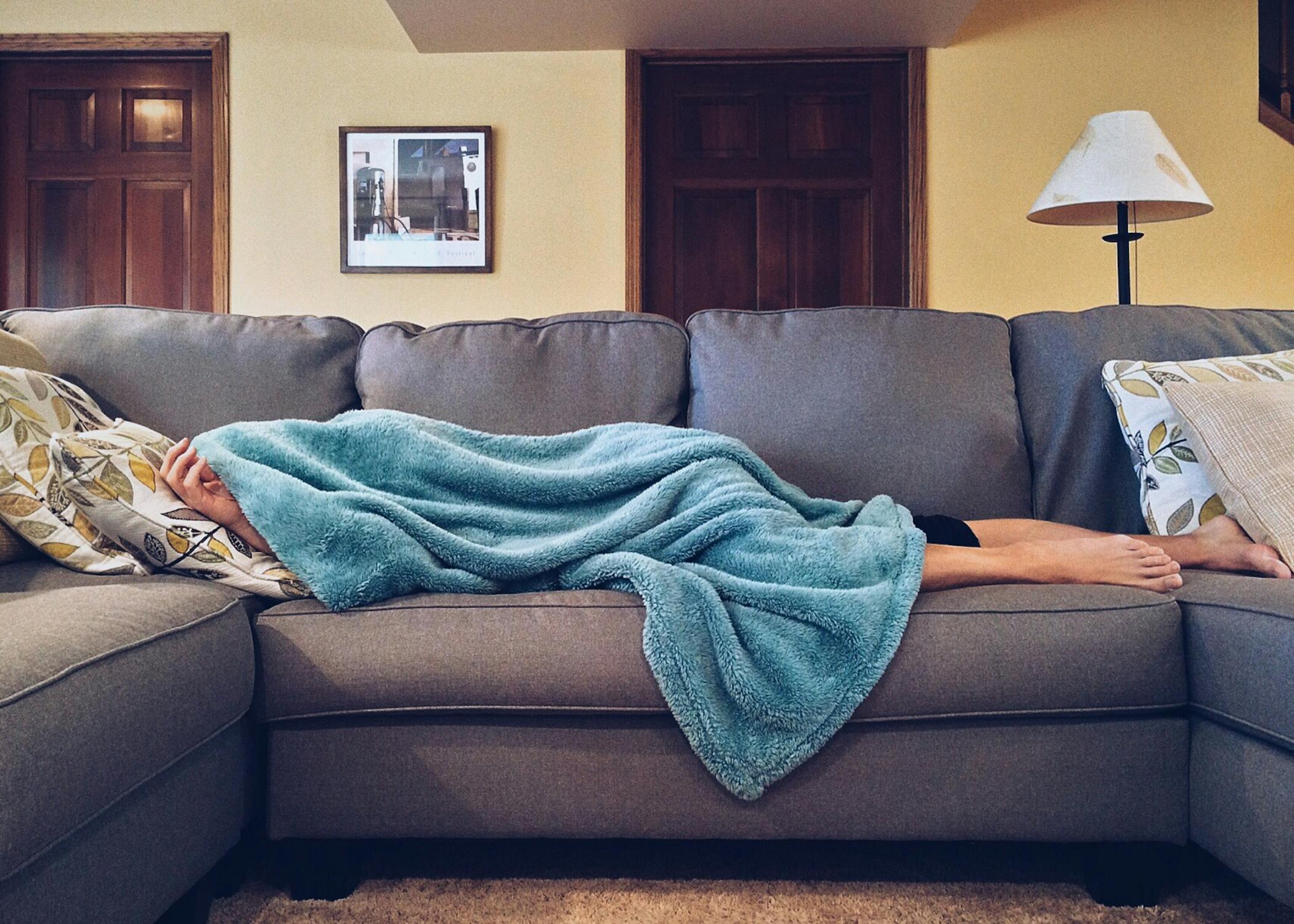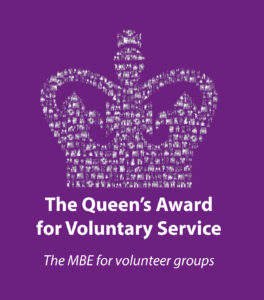3 Ways to Improve Your Sleep
Coronavirus shutting schools and colleges means that the routines that we’re used to have gone. So many young people aren’t getting enough sleep.
Some signs that you’re not getting enough sleep are zoning out, losing concentration, tripping, or dropping items, and of course yawning.
Here are a few tips that can help you to improve your sleep habits.
Wake up and sleep at the same time

Repeating this daily can allow your body to get used to your sleep pattern so that soon, you won’t need an alarm to wake up and will feel less tired. Ultimately, keeping a set routine allows your body to understand when it should be awake and when it should be asleep so that there are fewer sleepless nights and drowsy mornings
Avoid screens

Blue light from screens can impact the body’s sleep-wake cycle. Therefore, avoiding the use of screens like your phone or laptop at least 45 minutes before sleeping improves sleep quality and how quickly you fall asleep. Instead, you can opt to read a book, or do other calming activities before sleeping.
Nap appropriately

Napping for 15-30 minutes can recharge you for the rest of the day, but naps longer than 30 minutes tend to leave you still feeling tired. Setting an alarm or timer can make sure you don’t oversleep so that you wake up refreshed and still have the rest of the day to finish your tasks.
Improving your sleep may allow you to concentrate better and improve how well your brain retains information while studying, which can make all the difference when taking the exam. Making sleep a top priority in day to day life can also benefit your physical and mental health in the long term. However, if your sleep does not improve after improving sleep habits, the next step would be to contact your GP about other options that can help to improve your sleep.










